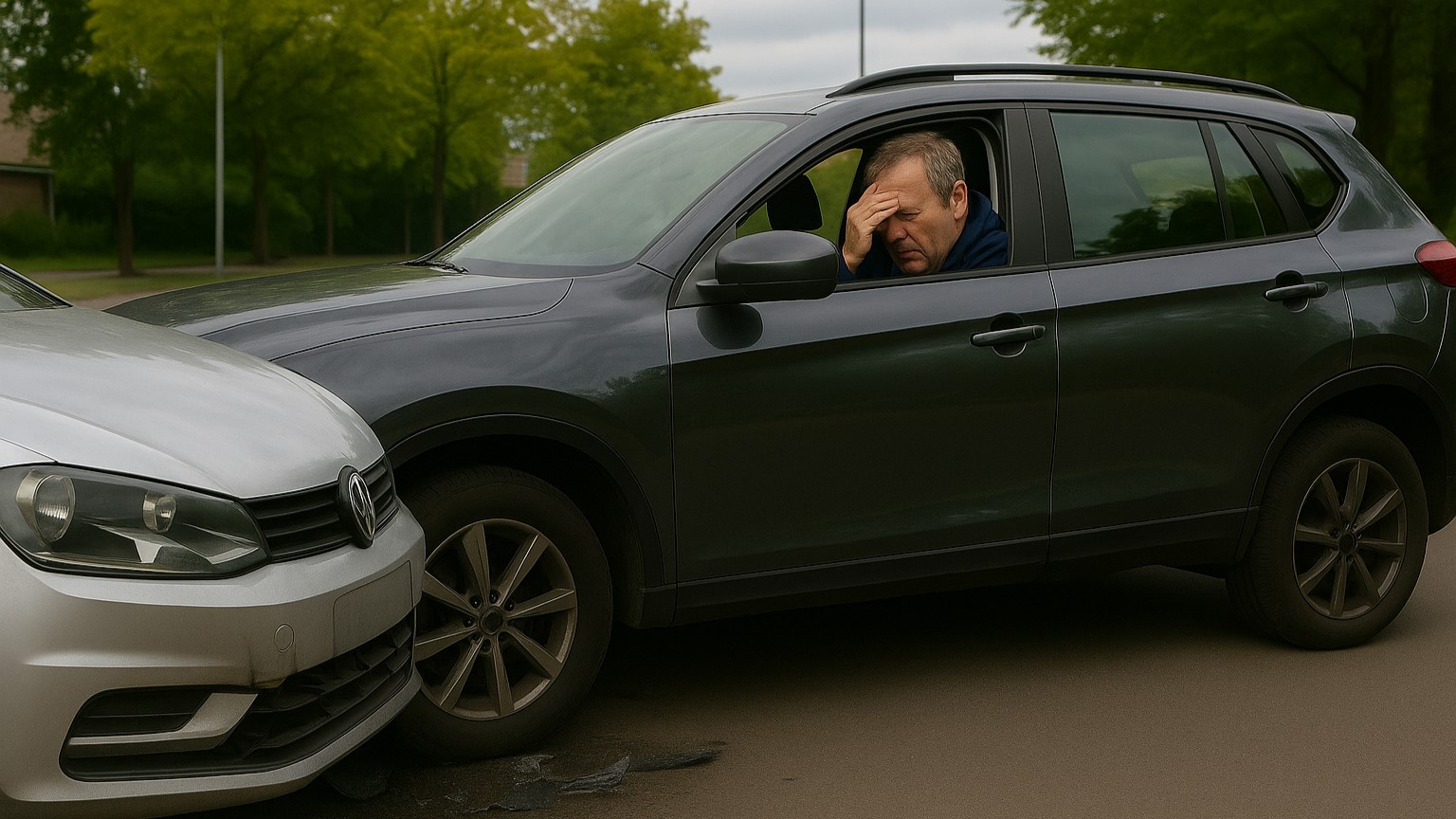
Damaged Someone Else's Car – What to Do? Your Guide for Emergencies
A minor bump with a shopping cart, a careless movement when backing out of a parking space, or a child grazing the paintwork of a parked car with their bicycle – damage to someone else's car can happen quickly. But what should you do? Just drive away? Leave a note on the windshield? Better not. Even minor damage can have serious legal consequences – including charges of hit-and-run.
In this guide, we explain step by step what to do, which insurance covers damage, and what mistakes you should avoid at all costs.
1. Stop Immediately – Even for Minor Damage
No matter how minor the damage may seem, you are obliged to stop at the scene of the accident. Even the smallest scratches or dents can be considered property damage. If you drive on, you are liable to prosecution – this is referred to as hit-and-run under Section 142 of the German Criminal Code (StGB). It does not matter whether you were traveling in a vehicle yourself or, for example, on foot or by bicycle. The only thing that matters is the property damage caused – and this must be reported.
2. Document the Damage
To avoid possible misunderstandings or disputes later on, you should document the damage as accurately as possible:
- Photos of the damaged vehicle (close-up and overview)
- If applicable, photos of your own involvement (e.g., shopping cart, bicycle)
- Note the date, time, place, and circumstances
- Approach any witnesses and obtain their contact details
These documents are important – both for the insurance company and for any investigations.
3. Waiting for the Owner – How Long Is Reasonable?
You are obliged to wait a reasonable amount of time for the vehicle owner. What is considered “reasonable” depends on the individual case. As a rule of thumb:
- At least 30 minutes in residential areas
- Up to 60 minutes in business centers or public places
If no one comes, you cannot simply leave a note and drive away. The note may disappear or be ignored – and you will have violated your duty. The consequence: you may face criminal proceedings for hit-and-run.
4. Call the Police – and Protect Yourself Legally
If the vehicle owner does not show up, you should inform the police. They will record the incident, document the damage, and inform the owner. This means you have fulfilled your obligation and can be sure that you will not face any criminal consequences.
Important: Stay at the scene until the police arrive.
5. Who Pays for the Damage?
If you were traveling by car:
Then your motor vehicle liability insurance will usually cover the damage. This covers damage to other vehicles – but not damage to your own car.
If you were traveling on foot, by bicycle, or, for example, as a parent of a child:
Your personal liability insurance may cover this, provided that it covers property damage to other people's vehicles. Not every policy does this, so it is worth taking a look at the terms and conditions of your contract.
Typical cases in which personal liability insurance can help:
- Your child damages a parked car with their bicycle
- You cause damage while walking (e.g., with a shopping cart)
- You damage a car while carrying bulky items
6. Settling the Damage Privately – Is That an Option?
In some cases, it is possible to reach a private agreement with the injured party – for example, in the case of minor paint scratches or slight dents. But be careful:
- Clarify everything in writing – including the date, time, description of the damage, and amount of the payment
- Have the receipt of the money confirmed in writing
- Document everything with photos
Nevertheless, if you want to be on the safe side, you should report the damage to your insurance company.
Frequently Asked Questions on the Topic
Damage caused to someone else's car – who pays?
Usually your motor vehicle liability insurance. In the case of non-motorized perpetrators, personal liability insurance may apply.
Does personal liability insurance pay if I damage someone else's car?
Only in certain cases – for example, if your own car is not involved and your policy covers such damage.
What happens if I leave a note and just drive away?
Then it's a hit-and-run. This is a criminal offense and can be punished with a fine, points on your license, or a driving ban.
What should I do if my child damages a car with their bike?
Even then, you have to stay at the scene, wait for the owner, or call the police. Your personal liability insurance may cover it.
Conclusion: Stay Calm, Act Correctly
Damage to someone else's car is annoying – but with the right behavior, it's no big deal. It is important that you react immediately, document the damage, notify the owner (or the police), and report the case to your insurance company. This way, you are legally covered – and show a sense of responsibility.